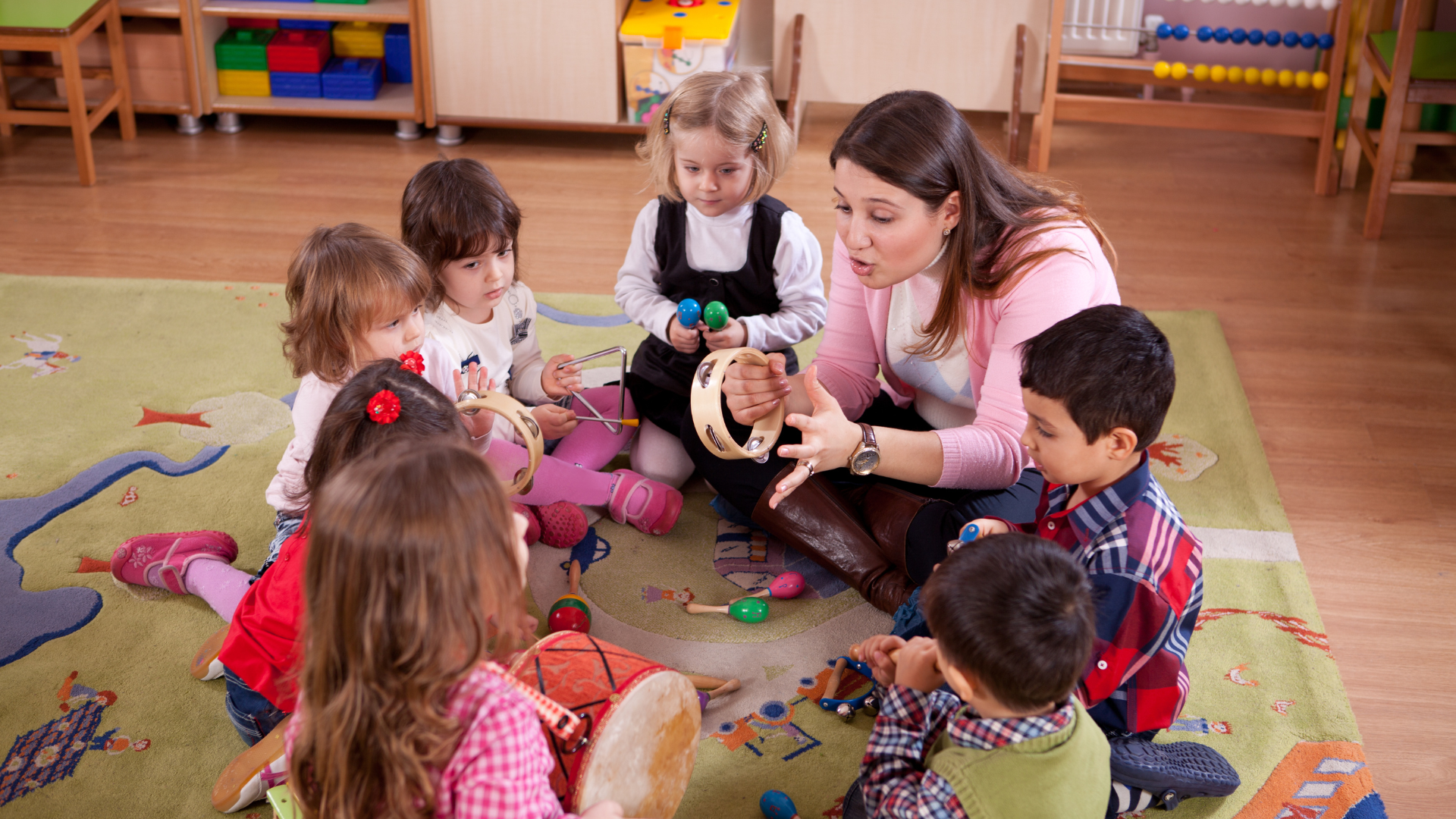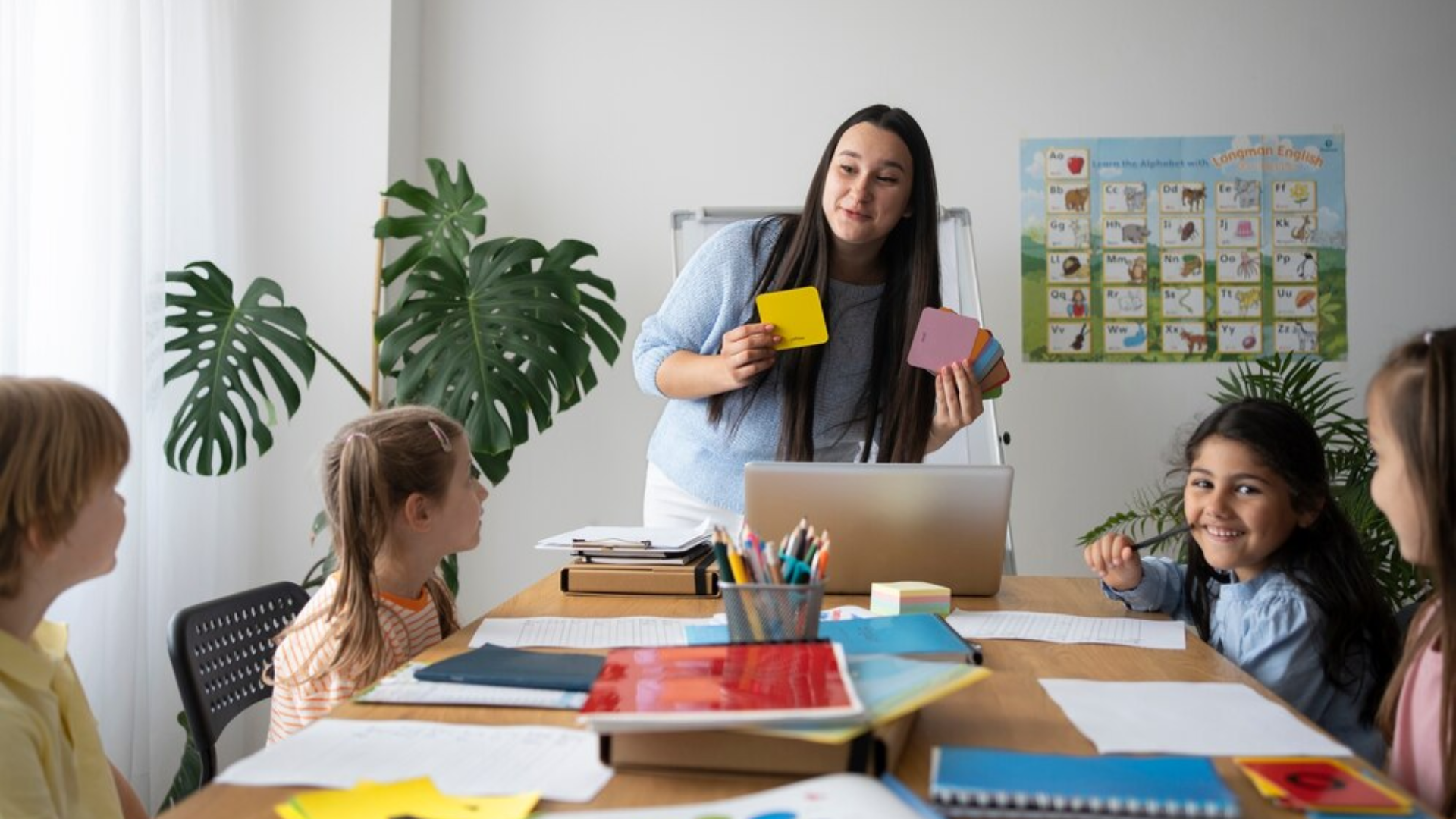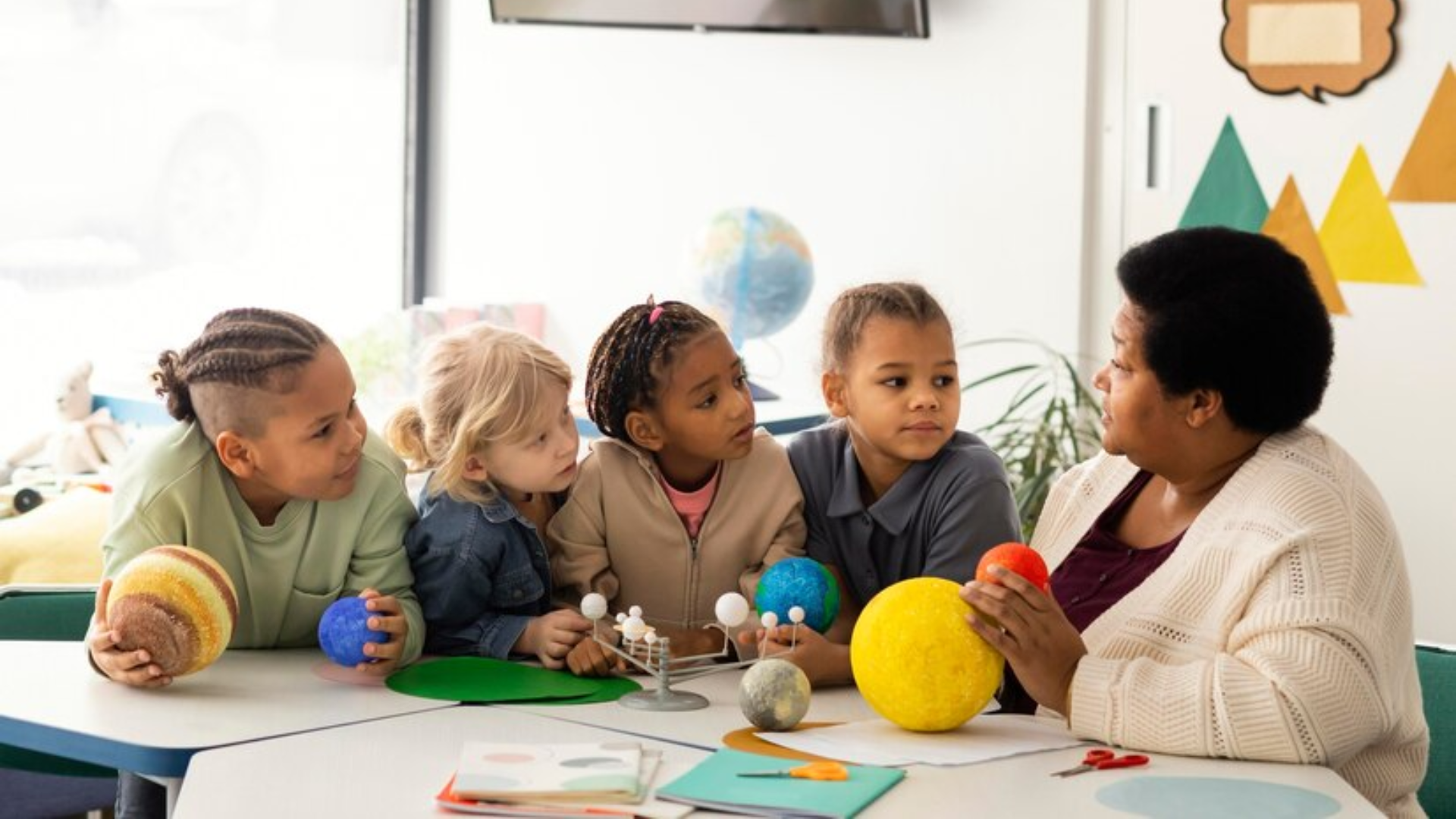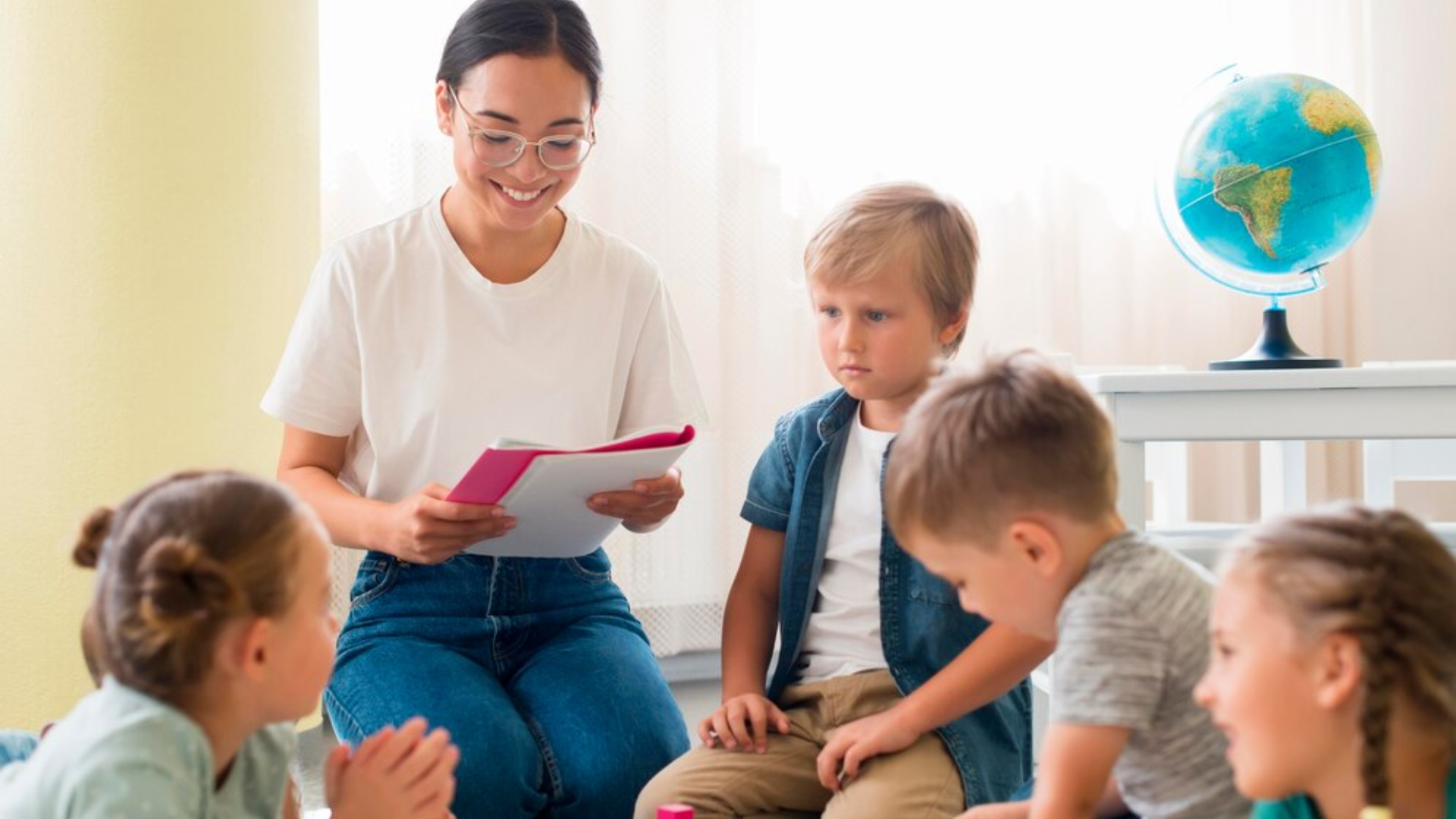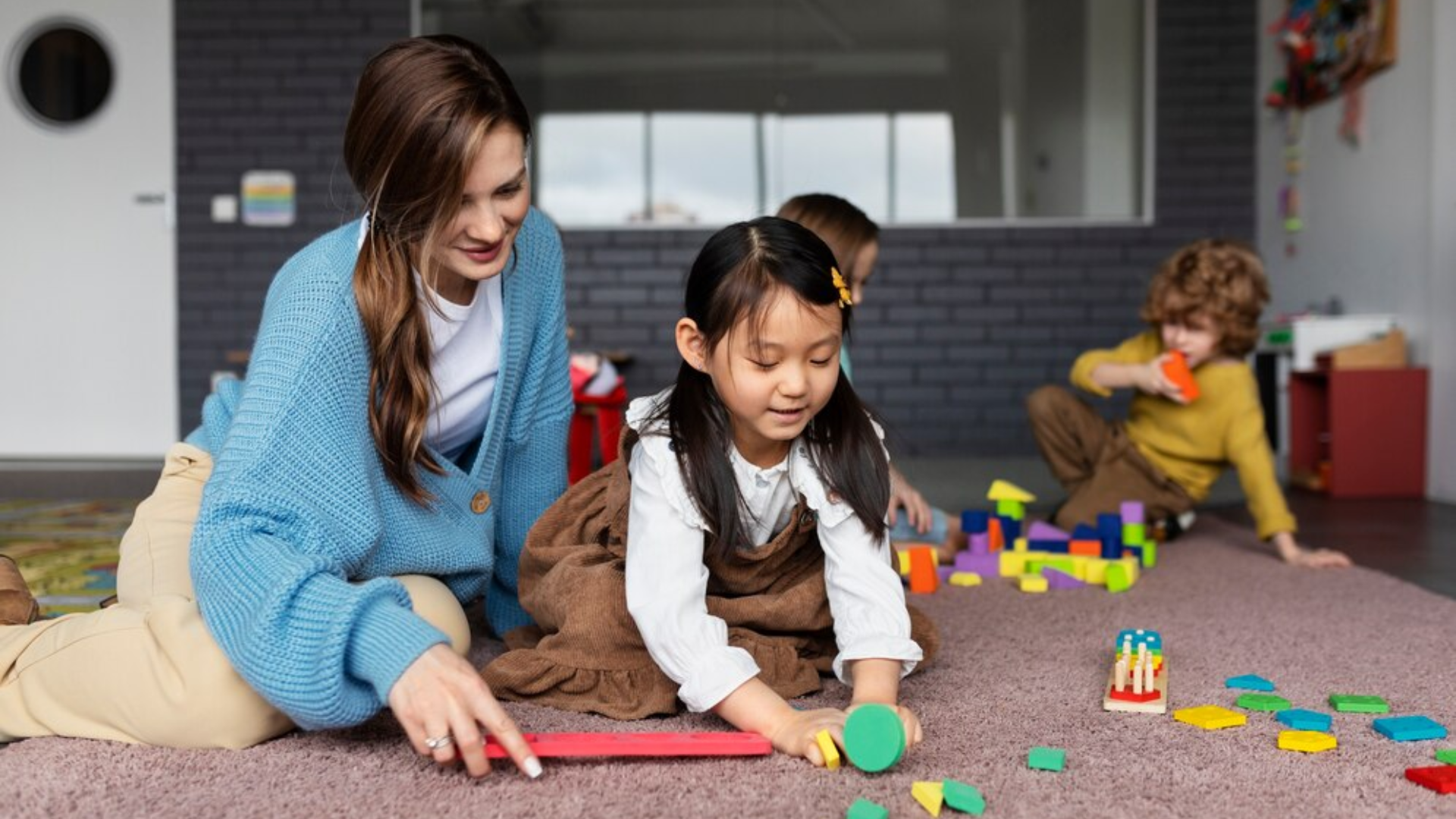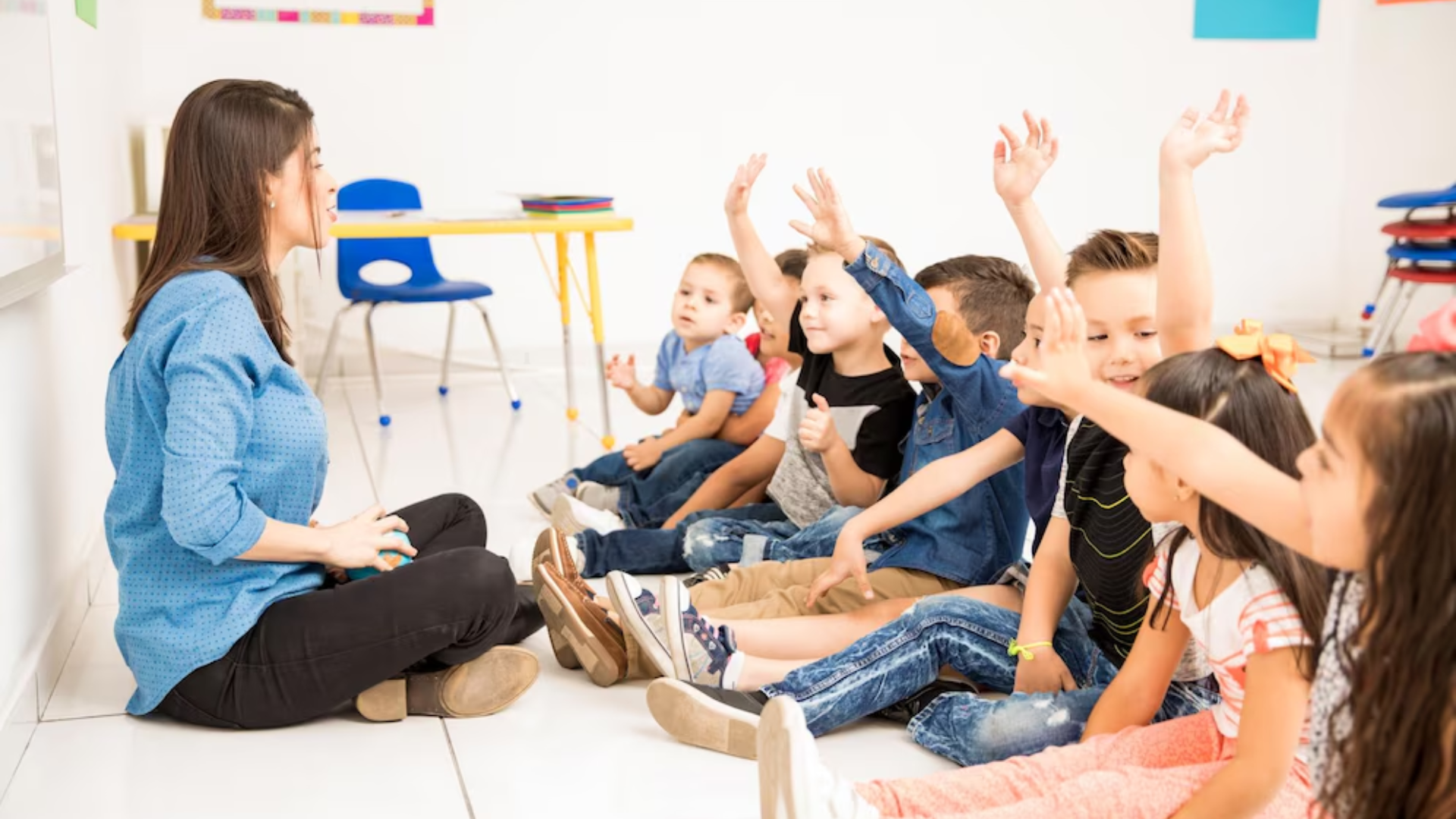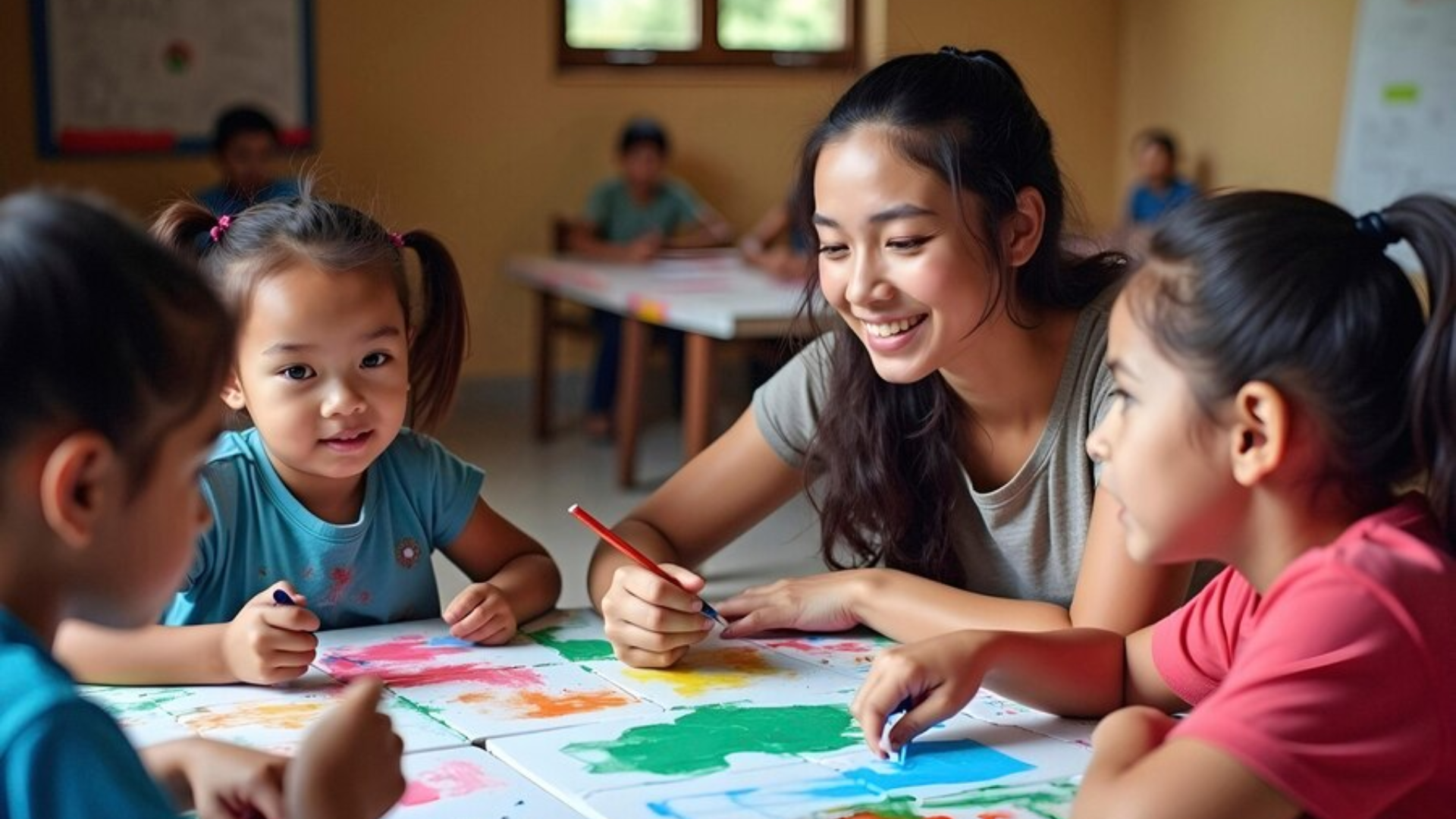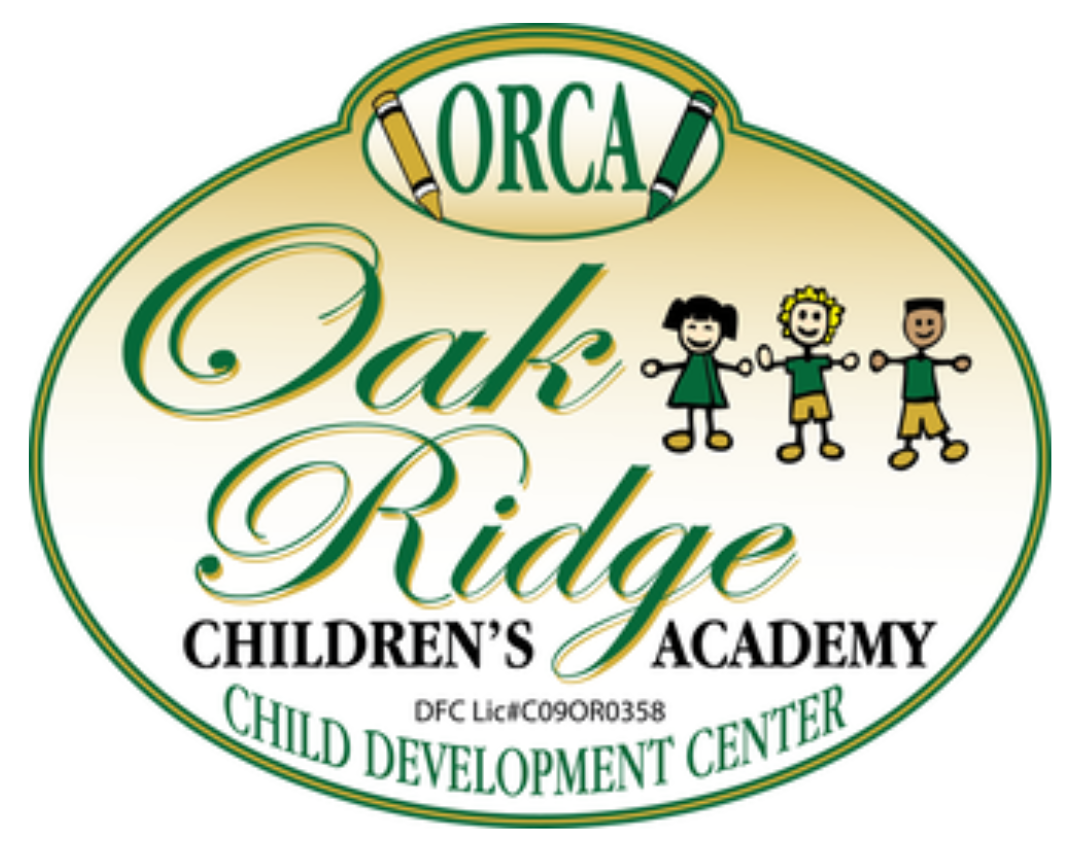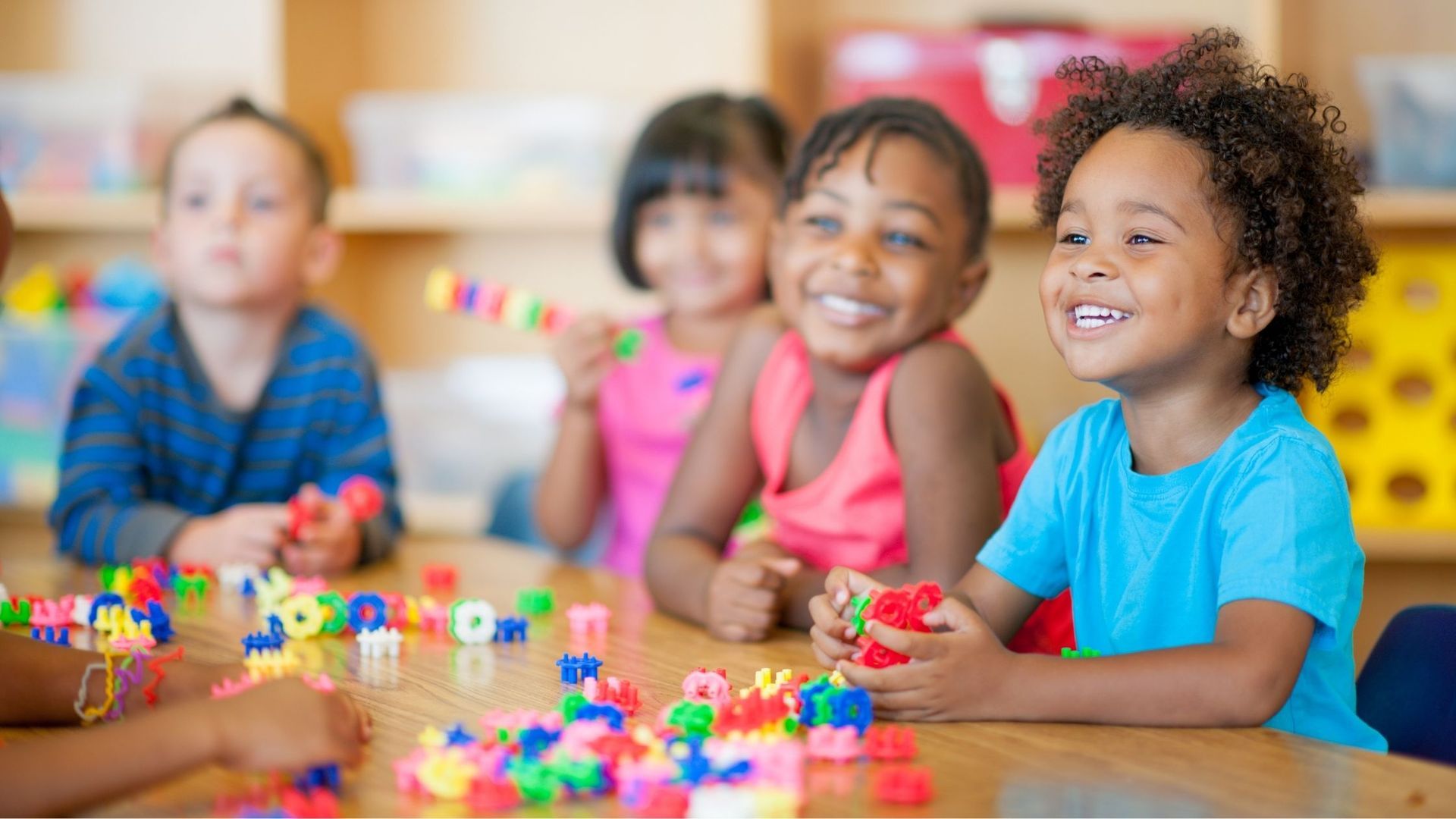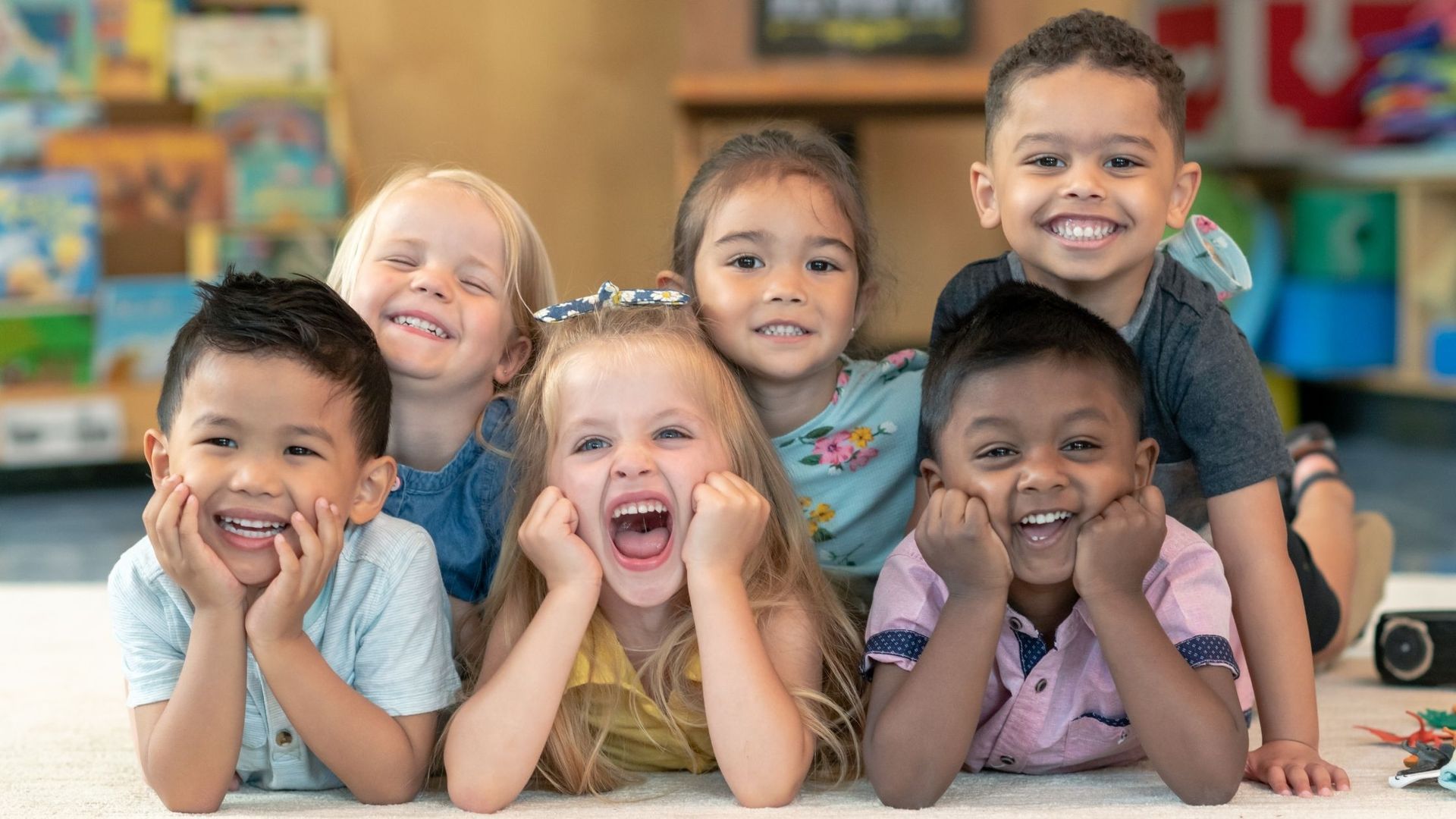What Should My 3 Year Old Know Before Starting Preschool?
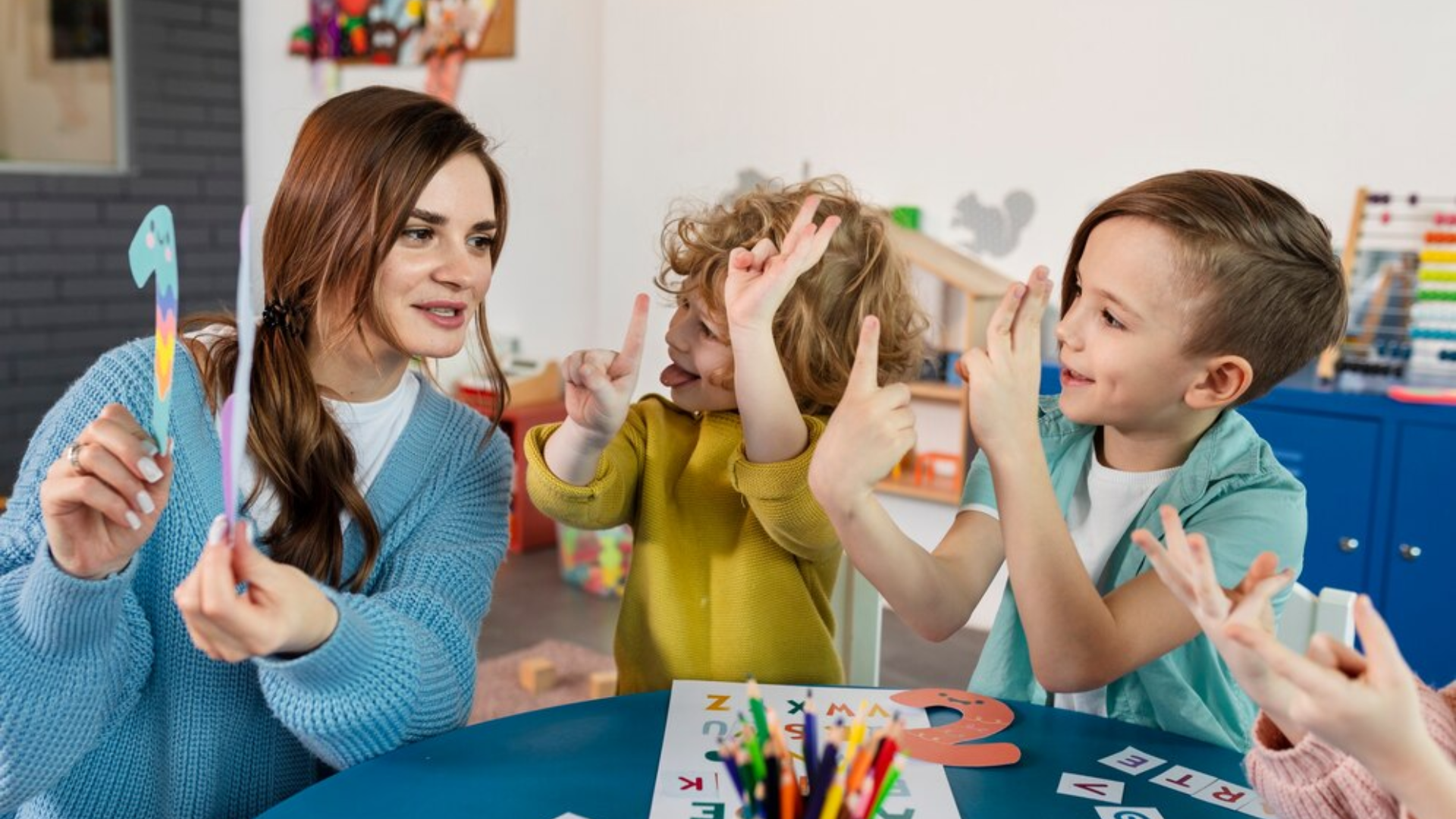
Setting the Stage for a Successful Preschool Experience
Starting preschool is an exciting and sometimes nerve-wracking milestone for both children and their parents. As your child prepares to step into the world of early childhood education, it’s natural to wonder what skills they should have mastered before walking into that classroom. While every child develops at their own pace, there are several key skills and concepts that will help set the foundation for a smooth and successful preschool experience.
In this blog post, we’ll break down the skills your 3-year-old should know or begin practicing before starting preschool. With a little preparation, you can help ease the transition and set your child up for success in the classroom.
1. Basic Self-Care Skills
Before starting preschool, it’s important for your child to have some basic self-care skills. While preschool teachers will assist children with many tasks, encouraging your child to practice these skills beforehand will help them feel more independent and confident.
- Using the Bathroom Independently: By the time your child enters preschool, they should be able to use the bathroom with minimal assistance. This includes knowing how to pull their pants down and up, wipe themselves, and wash their hands afterward.
- Dressing and Undressing: While your 3-year-old doesn’t need to know how to tie their shoes just yet, they should be able to manage basic clothing tasks. This includes pulling on and off jackets, shirts, socks, and shoes (especially Velcro shoes).
- Feeding Themselves: Children should be able to use utensils to feed themselves and drink from a cup. Practice opening food containers or snack bags at home so they feel confident eating during snack time at preschool.
Having these self-care skills will empower your child to feel more independent and ready for the structured environment of preschool.
2. Basic Social Skills
Preschool is a social setting where children learn to interact with peers and adults in group settings. Before starting preschool, it’s helpful for your child to begin practicing essential social skills, such as:
- Sharing and Taking Turns: Preschool often involves group play and activities, and sharing is a big part of learning to cooperate with others. Practice taking turns at home by sharing toys or taking turns in games. Praise your child for being patient and waiting for their turn.
- Using Manners: Teach your child basic manners such as saying “please,” “thank you,” and “excuse me.” While preschool teachers will help reinforce these manners, it’s helpful for your child to be familiar with the importance of using polite language.
- Interacting with Other Children: Encourage your child to play with peers in social settings, such as playdates or at the park. This gives them the opportunity to practice sharing, asking to join games, and expressing their feelings with others in a healthy way.
These social skills are important for your child to feel comfortable and confident in group activities at preschool.
3. Following Simple Directions
Preschool involves following instructions and engaging in structured activities. While your 3-year-old doesn’t need to be able to follow complex directions, being able to understand and follow simple requests is essential for success in the classroom. These might include:
One-Step Instructions: Your child should be able to follow simple one-step directions, such as “Please put your toys away” or “Sit down on the carpet.” You can practice this at home by giving them short and clear instructions throughout the day.
Routine Understanding: Help your child become familiar with daily routines, such as washing hands before meals, lining up for group activities, or cleaning up after playtime. When they recognize these routines, they will feel more comfortable and less anxious in the classroom setting.
Being able to follow simple directions will help your child adjust to the structure and routine of preschool.
4. Basic Cognitive Skills
While preschool will teach many new concepts, it’s helpful for your child to have a few basic cognitive skills before entering the classroom. These foundational skills help them engage with activities and understand classroom expectations. Here are some areas to focus on:
Recognizing Their Name: Your child should be able to recognize their own name and understand that it is used to identify them. This can include recognizing their name written on cubbies or other personal belongings.
- Basic Colors and Shapes: Familiarity with basic colors (red, blue, yellow, etc.) and shapes (circle, square, triangle) helps your child engage in activities like coloring, sorting, and building.
- Counting: While your 3-year-old doesn’t need to count to 100, they should be able to count from 1 to 10. You can help them practice counting with toys, blocks, or everyday objects.
- Basic Concept of Time: Preschool will introduce your child to concepts like “before” and “after,” and it’s helpful if they can understand these concepts in relation to their day (such as “We’ll have snack after circle time”).
These foundational cognitive skills will support your child as they begin to engage with more complex learning activities in preschool.
5. Emotional Regulation
Being able to manage emotions and interact with peers in a calm and respectful way is crucial for success in a preschool setting. While preschool teachers will help with emotional development, here are some skills your child can practice before starting:
- Expressing Emotions Verbally: Encourage your child to express their feelings using words rather than actions. For example, teach them to say “I’m feeling sad” or “I’m frustrated” instead of acting out physically.
- Managing Frustration: Preschool can be a challenging environment for young children, and it’s important for them to learn how to manage frustration in a constructive way. Practice calming strategies, such as taking deep breaths or using a quiet space when feeling overwhelmed.
- Understanding the Concept of “Waiting”: Preschool often requires children to wait their turn or wait for an activity to start. Practice patience at home by having your child wait for short periods before getting what they want. Reinforce positive behavior when they successfully wait without becoming upset.
Emotional regulation will help your child navigate the challenges of preschool with confidence and ease.
6. A Love of Learning and Curiosity
While there’s no checklist of academic skills your child must have mastered before starting preschool, a love of learning and curiosity about the world is a huge advantage. You can nurture this by:
Reading Together: Reading to your child daily helps develop language skills and encourages a love of books. Ask your child questions about the story, such as “What do you think will happen next?” or “How do you think the character feels?”
Encouraging Exploration: Allow your child to explore different interests, whether it’s through art, building, nature walks, or imaginative play. This fosters curiosity and creativity, which are essential for early childhood learning.
Cultivating a love of learning will help your child embrace the educational experience and feel excited about new activities and subjects in preschool.
Encouraging risky play can help children build confidence and independence, qualities that are also valuable when recognizing the signs your child is ready for potty training. Both experiences foster a sense of self-reliance and growth, as children learn to trust their abilities and develop essential skills for personal development.
Conclusion: Preparing for a Positive Preschool Experience
While every child develops at their own pace, knowing what skills to focus on before starting preschool can help make the transition easier for both you and your child. By fostering independence, social skills, emotional regulation, and a love of learning, you can set the stage for a positive and successful preschool experience.
At Oakridge Children’s Academy, we support every child’s unique journey toward learning and development. If you have any questions about preparing your child for preschool or would like to learn more about our program, feel free to reach out to us!
